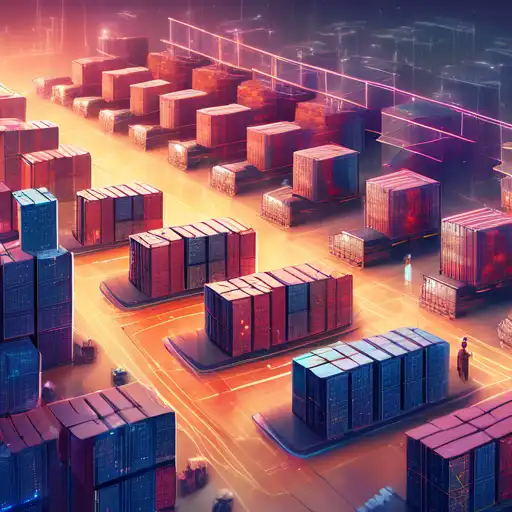The Transformative Power of Blockchain in Modern Supply Chains
In the digital age, blockchain technology is emerging as a revolutionary force in transforming supply chains across the globe. By offering unparalleled transparency, security, and efficiency, blockchain is setting new standards for how goods are tracked, verified, and delivered from manufacturers to consumers.
Understanding Blockchain in Supply Chains
At its core, blockchain is a distributed ledger technology that allows data to be stored globally on thousands of servers. This makes it nearly impossible for any single entity to gain control of the network or alter the information stored within it. For supply chains, this means every transaction or movement of goods can be recorded in a secure, immutable ledger.
Key Benefits of Blockchain for Supply Chains
- Enhanced Transparency: Every participant in the supply chain can access the same information, reducing communication errors and delays.
- Improved Security: The decentralized nature of blockchain makes it highly resistant to fraud and cyber attacks.
- Increased Efficiency: Smart contracts automate processes, reducing the need for manual oversight and speeding up transactions.
- Better Traceability: Products can be tracked from origin to consumer, ensuring authenticity and compliance with regulations.
Real-World Applications
Several industries are already leveraging blockchain to revolutionize their supply chains. For example, in the food industry, blockchain is used to track the journey of products from farm to table, significantly reducing the risk of contamination and spoilage. Similarly, in the pharmaceutical sector, it ensures the authenticity of drugs, combating the global issue of counterfeit medications.
Challenges and Considerations
Despite its potential, the adoption of blockchain in supply chains is not without challenges. Issues such as scalability, interoperability, and the need for standardization across industries must be addressed to fully realize its benefits. Moreover, businesses must invest in training and infrastructure to integrate blockchain technology effectively.
The Future of Supply Chains with Blockchain
As blockchain technology continues to evolve, its impact on supply chains is expected to grow exponentially. With advancements in IoT and AI, the integration of blockchain could lead to fully autonomous supply chains, where smart contracts and machines manage the entire process without human intervention.
In conclusion, blockchain is not just a technological innovation; it's a paradigm shift in how supply chains operate. By embracing this technology, businesses can achieve greater efficiency, security, and transparency, paving the way for a more sustainable and trustworthy global trade ecosystem.
